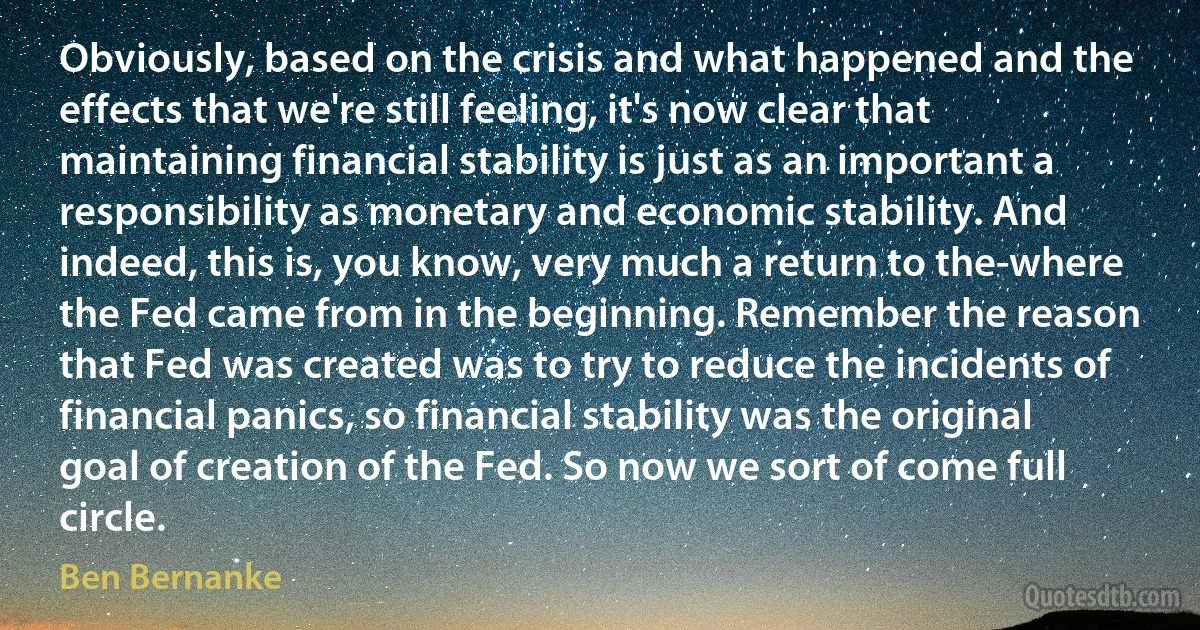Reason Quotes - page 94
Let's be realistic ... it's arson. Everybody knows that. You can judge it by the speed by which the corporate media rushed to call it an accident even though the fire had just started and no one was in any position to know anything. Brainwashing! It's a bit like hearing the full reason behind a plane crash even though the plane has yet to hit the ocean.

Morrissey
All appeared new, and strange at first, inexpressibly rare and delightful and beautiful. I was a little stranger, which at my entrance into the world was saluted and surrounded with innumerable joys. My knowledge was Divine. I knew by intuition those things which since my Apostasy, I collected again by the highest reason.

Thomas Traherne
"What," say you, "are you giving me advice? Indeed, have you already advised yourself, already corrected your own faults? Is this the reason why you have leisure to reform other men?" No, I am not so shameless as to undertake to cure my fellow-men when I am ill myself. I am, however, discussing with you troubles which concern us both, and sharing the remedy with you, just as if we were lying ill in the same hospital.

Seneca
For this reason those who are tossed about at sea, who proceed uphill and downhill over toilsome crags and heights, who go on campaigns that bring the greatest danger, are heroes and front-rank fighters; but persons who live in rotten luxury and ease while others toil, are mere turtle-doves safe only because men despise them.

Seneca
There is no reason why poverty should call us away from philosophy-no, nor even actual want. For when hastening after wisdom, we must endure even hunger. Men have endured hunger when their towns were besieged, and what other reward for their endurance did they obtain than that they did not fall under the conqueror's power? How much greater is the promise of the prize of everlasting liberty, and the assurance that we need fear neither God nor man! Even though we starve, we must reach that goal.

Seneca
There's been a tremendous amount of growth. An actress is not expected to continue to play her ingenue roles, you know, I've written myself roles to grow into gracefully, but there is no growing into gracefully in the pop world. Basically the reason I'm so unruly in this business is because I never wanted to be a human jukebox.

Joni Mitchell
If I realised the power of magic to worry and terrify people before, then I certainly would have used it before. Everyone freezes before it for different reasons – perhaps because it means madness to them, or because it means opening the door to a whole lot of stuff that the Age of Reason should have firmly bolted the door upon. A lot of concepts that we got rid of a long time ago that would be a bit creepy to have them back.

Alan Moore
I saw no reason why you couldn't create a work of pornography that adhered to all the same standards as the best art or literature. The big difference between art and pornography is that art, at its best, makes you feel less alone. You see a painting or read a piece of writing that expresses a thought that you had but didn't express, and you suddenly feel less alone. Pornography, on the other hand, tends to engender feelings of self-disgust, isolation and wretchedness. I wanted to change that.

Alan Moore
If the Easter Islanders couldn't solve their milder local problems in the past, how can the modern world hope to solve its big global problems? People who get depressed at such thoughts often then ask me, "Jared, are you optimistic or pessimistic about the world's future?” I answer, "I am a cautious optimist.” By that, I mean that, on the one hand, I acknowledge the seriousness of the problems facing us. If we don't make a determined effort to solve them, and if we don't succeed at that effort, the world as a whole within the next few decades will face a declining standard of living, or perhaps something worse. That's the reason why I decided to devote most of my career efforts at this stage of my life to convincing people that our problems have to be taken seriously and won't go away otherwise. On the other hand, we shall be able to solve our problems – if we choose to do so.

Jared Diamond
In fact, one of the main lesson to be learned from the collapses of the Maya, Anasazi, Easter Islanders, and those other past societies (as well as from the recent collapse of the Soviet Union) is that a society's steep decline may begin only a decade or two after the society reaches its peak numbers, wealth, and power. [...] The reason is simple: maximum population, wealth, resource consumption, and waste production mean maximum environmental impact, approaching the limit where impact outstrips resources. On reflection, it's no surprise that declines of societies tend to follow swiftly on their peaks.

Jared Diamond
If Ottawa giveth, then Ottawa can taketh away... This is one more reason why Westerners, but Albertans in particular, need to think hard about their future in this country. After sober reflection, Albertans should decide that it is time to seek a new relationship with Canada. ...Having hit a wall, the next logical step is not to bang our heads against it. It is to take the bricks and begin building another home – a stronger and much more autonomous Alberta. It is time to look at Quebec and to learn. What Albertans should take from this example is to become "maitres chez nous."

Stephen Harper



